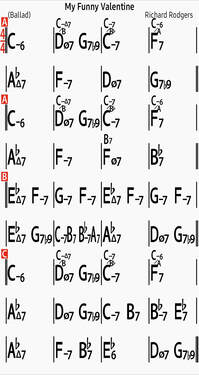 Jazz students are often looking for new chords for the standards they are playing. This blog offers you some suggestions if you are unable to transcribe. 1. The iReal Pro app is a useful source. It doesn't always have the most exciting chords, but it does help you move on from the fakebook. 2. YouTube transcriptions, though not always reliable, will help you explore new harmonic ideas. 3. The Real jazz Solos Book by Hal Leonard is a reliable book to consult. Have fun. David
0 Comments
My wife is preparing for your Grade 3 violin exam. She asked ChatGPT about preparing for the big event. Here are the results.
Hi ChatGPT. What are your recommendations about preparing for a practical violin exam? ChatGPT. Here are some general recommendations for preparing for a practical violin exam:
Wow, the advice is solid. However, a few things are missing. 10. Listen to professional recordings of your music. This is a proven method employed in the Suzuki music methods. Students need to be able to recognize an incorrect note(s) in their playing. The advice is all old school except for step five. David BTW, my wife is a professor of education who writes on Ai. This performance of Kansas City by Wilbert Harrison is a fine example of blues boogie woogie accompaniment and soloing. It features a simple rhythmic pattern between the hands and an easy riff-based solo. The one unusual aspect is his choice of key: Db major. (I've provided two written versions for you in Db and C) Preparations.
Next steps. 4. To create a strong mental impression of how the music will be played follow the score while listening to the video. Notice he plays a heavy accent on beats 2 and 4 in the left hand and aggressively accented chords in the right. 5. Start practicing the score by playing slowly while keeping your attention on the correct fingering of the chords. 6. To get the swing of the music, play along with the video. If necessary, slow the video down. 7. Have fun. Harrison plays a remarkably similar piano part in his video of Stagger Lee. Can you hear the similarities? The link is below. If you would like some help with this, call me. David The teacher practices Jazz Last weekend I went to my first jazz jam with my Vibraphone aka my Malletkat GS Grand. We were a quartet of Tenor Sax/Flute, Vibes, Bass, and Drums. I survived with my dignity intact, but I’ve a few discoveries and confessions to share.
On the plus side, I knew all the tunes from years of playing and teaching jazz piano plus my jazz time and feel is strong. Here is the practice regime I began to follow to improve my jazz experience. Tune: Satin Doll by Ellington/Strayhorn
If I can help you with your jazz piano journey, call me. David BTW: In the era of Ai content generation, a human wrote this blog.
Without desire you have nothing" Madame Boulanger It is a good day to revisit the elements of musicianship. These are the areas of practice and/or reflection that successful musicians and earnest students consider, do, and follow.
1. They listen to professional recordings and mark up their scores in response to what they hear. This is the shortest way to develop stylistic awareness in your playing. 2. Theory helps musicians understand what they are listening to, communicate with their colleagues and teachers, and see the structural patterns within the music. 3. A fine sight reader takes less time to learn a new piece. Furthermore, a fine sight reader can play music for fun, without preparation. 4. Technique is the pillar of success; nothing is worse than hearing music in your head that you cannot execute. 5. Aural skills are ear skills connected with theory skills.
6. Historical awareness is the depth of knowledge and experience a musician/student brings to a project. If you want to play country music you have to know the players, repertoire, and historical styles of the genre, or your performances will always lack insight and finesse. Ditto for jazz and classical music. 7. However, your emotional commitment to the project is the most crucial element of musicianship. You must have faith that, with time, your goals are reachable. Students who follow the curriculum, practice correctly, attend concerts, listen to music, hang with other adults on the same path, seek additional information to support what they learn in lessons, ask questions, and persevere will win. If I can help, call me. David The real estate coach Tom Ferry, says if you have three or more goals for your business this year, you have no goals. Ditto for piano. Here are some realistic goals for my students.
Call me, I can help. David |
You've got to learn your instrument. Then, you practice, practice, practice. And then, when you finally get up there on the bandstand, forget all that and just wail. AuthorI'm a professional pianist and music educator in West Toronto Ontario. I'm also a devoted percussionist and drum teacher. Categories
All
|
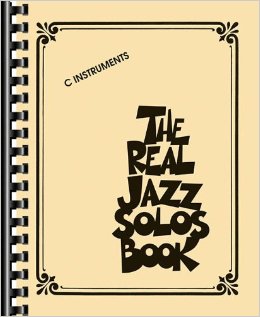
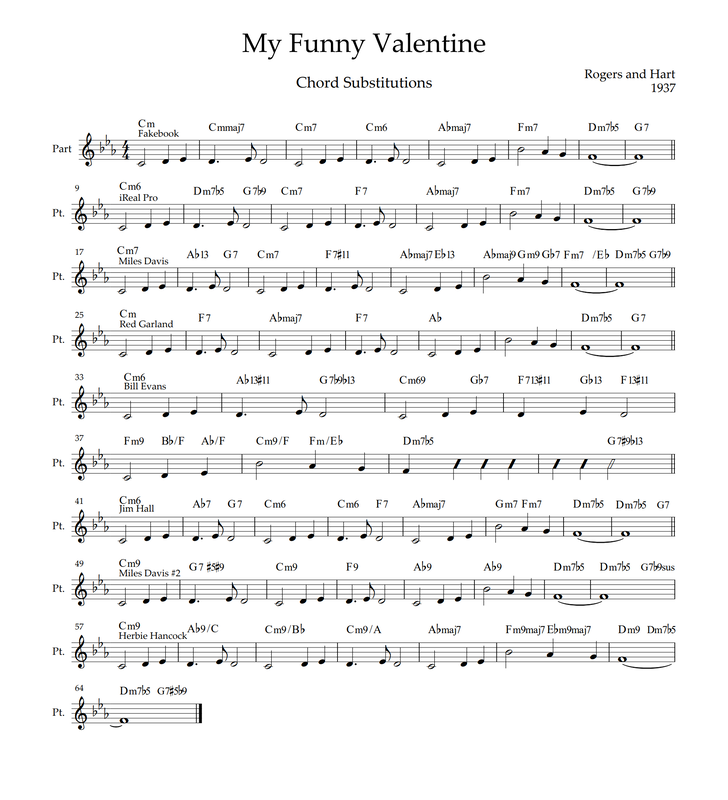
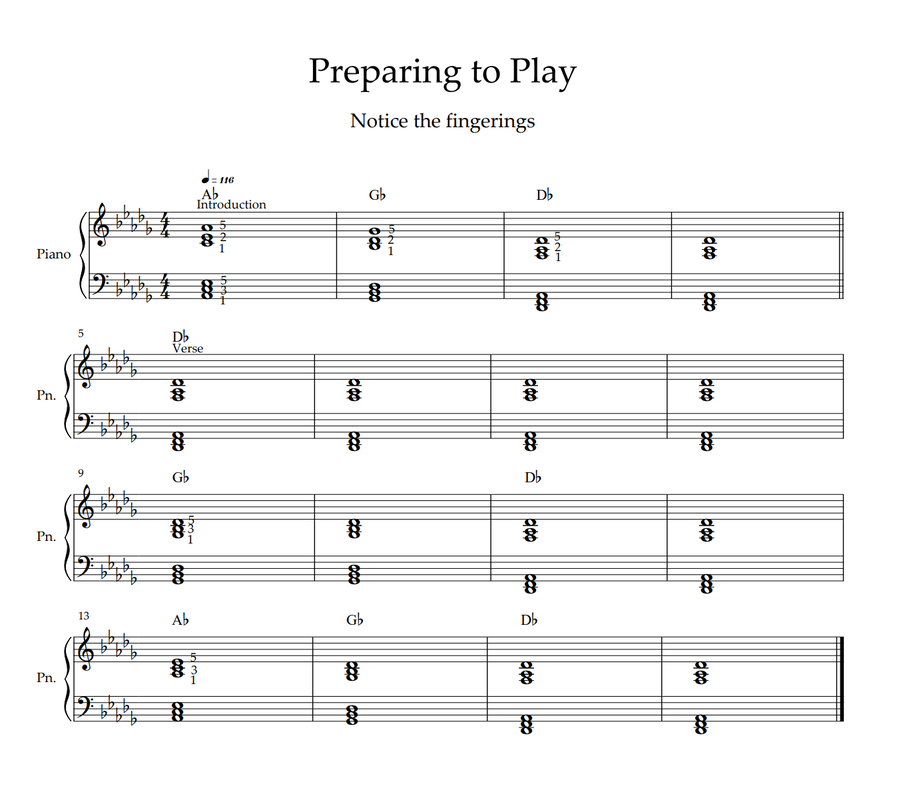
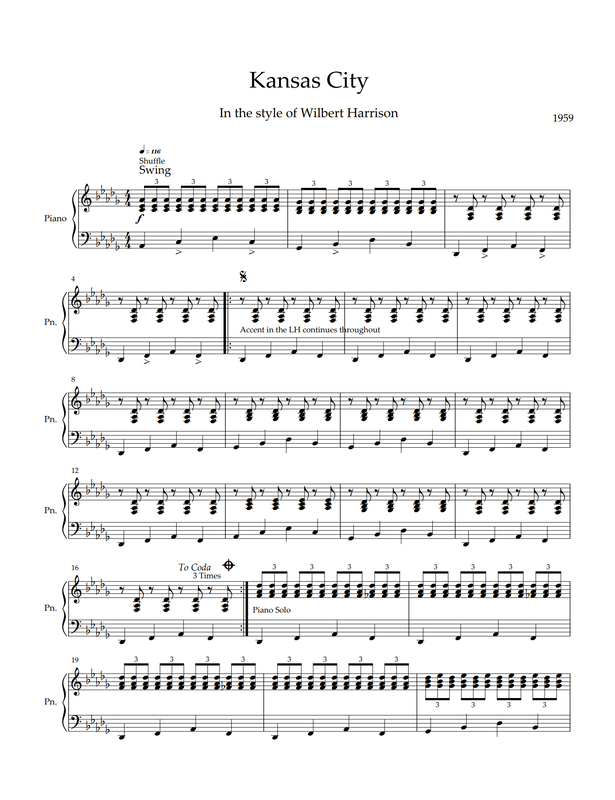
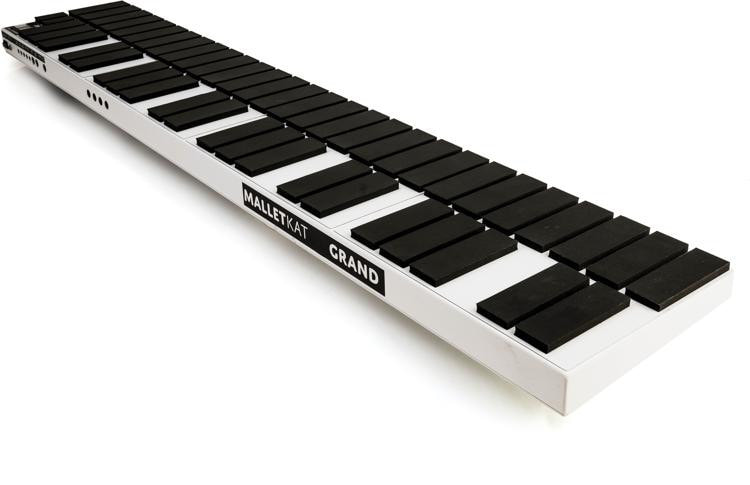
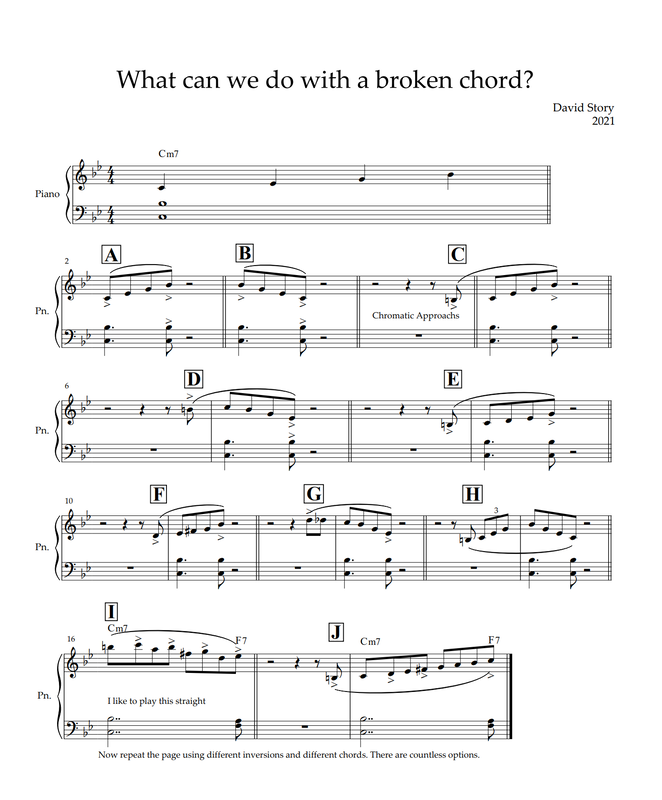
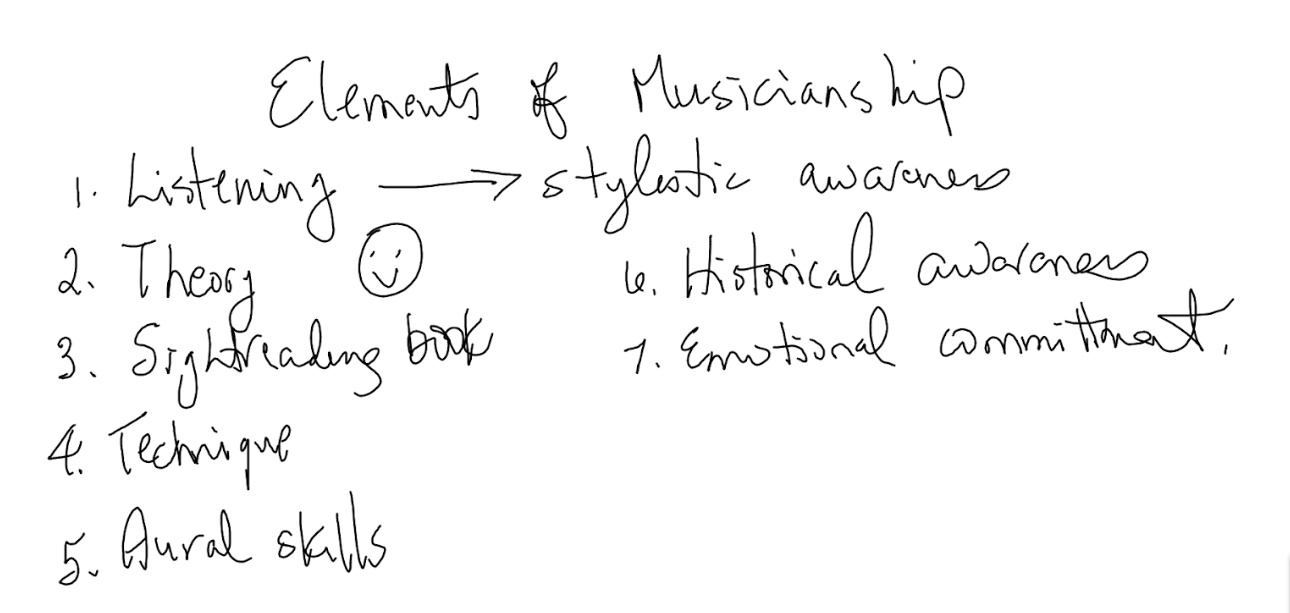
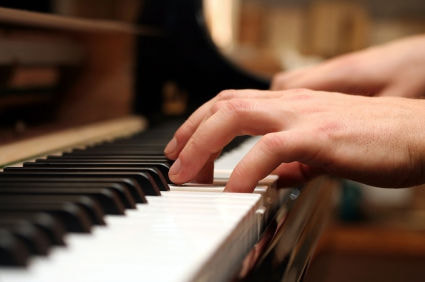
 RSS Feed
RSS Feed